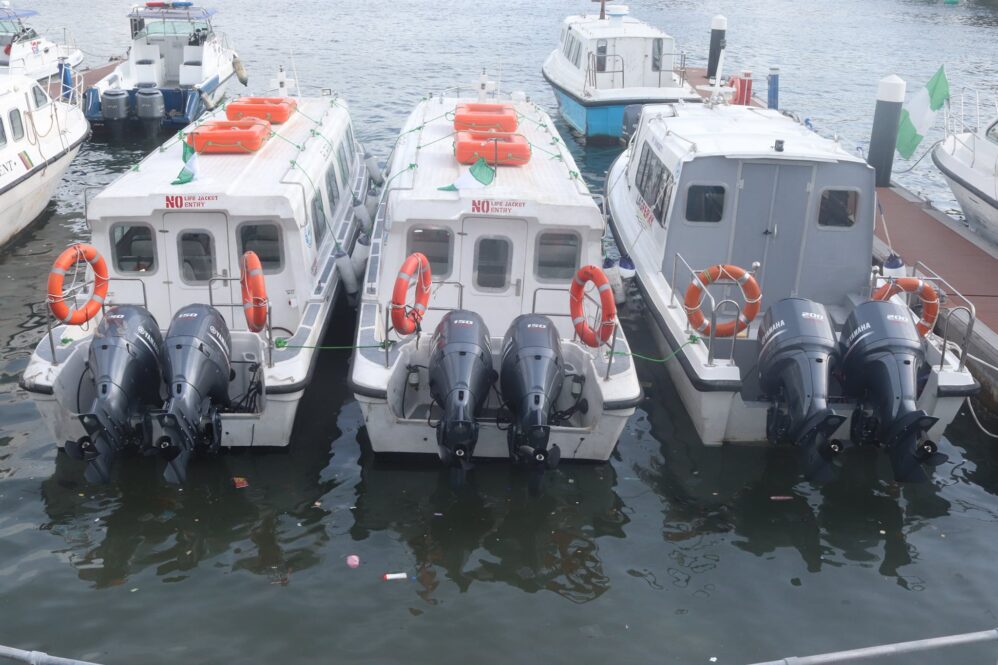In recent times, Nigeria has undergone significant shifts in its economic landscape. The removal of fuel subsidies has led to a doubling of fuel prices, subsequently impacting transportation costs and creating challenges for commuters. Amidst these changes, government policies continue to evolve, influencing the foreign exchange rate and affecting various sectors. In this dynamic environment, where trade and economic activities must persist, investing in Nigeria holds promising potential. As the nation seeks solutions, one alternative to the traditional road transportation system is boat transport. In this blog post, we delve into the possibilities of establishing a standard ferry transport service in Nigeria.
The Changing Transport Scenario:
The increase in fuel prices has had a direct impact on transportation costs, causing hardships for commuters who heavily rely on road transport. With each passing day, evolving government policies and currency fluctuations contribute to an unpredictable environment. Nonetheless, economic activities and trade must continue, creating an opportune moment for innovative solutions.
Investing in Nigeria: A Timely Move
Against this backdrop, investing in Nigeria holds immense potential. The nation’s vast market, diverse demographics, and ongoing efforts to bolster infrastructure create a fertile ground for enterprising ventures. For those seeking to capitalize on this opportune time, exploring alternative modes of transportation, such as water transport, presents an intriguing possibility.
In 2019, the global water transport industry demonstrated its remarkable economic prowess, contributing a staggering $60 billion to the global GDP. As the world navigated through economic shifts and transportation challenges, ferry operators in Africa and Asia emerged as key players, directly injecting $3.4 billion into their respective GDPs and providing gainful employment for nearly 77,000 individuals.
Indicative economic impact of the Water Transport Industry
- Direct Impact: Empowering Owners and Sustaining Growth: The direct impact of the boat transport industry emanates from the ownership and operation of vessels. Owners and operators shoulder the responsibility of employing individuals, nurturing wages, and cultivating profits. This direct investment in human capital and financial resources ripples outward, bolstering the national GDP as it channels financial energy into the economy.
- Indirect Impact: Fostering a Vibrant Supply Chain: Capital and current expenditure within the boat transport industry send reverberations throughout the supply chain. Suppliers, ranging from manufacturers of vessels and equipment to maintenance service providers, reap the benefits of a dynamic industry. This network of support, driven by the industry’s expenditure, not only stimulates economic activities but also plays a pivotal role in maintaining the industry’s momentum.
- Induced Impact: Catalysing Consumer-Facing Sectors: Beyond the direct and indirect impacts lies a profound influence on consumer-facing sectors of the economy. Those employed within the boat transport industry and its sprawling supply chain wield purchasing power that cascades into various sectors such as retail and leisure. This infusion of spending rejuvenates economic activities, propelling commerce and driving growth in unexpected quarters.
- Total Impact: The Unveiling of Comprehensive Influence: When the direct, indirect, and induced impacts are meticulously calculated and combined, the full economic impact of the boat transport industry takes shape. The sum of these parts forms a comprehensive picture of the industry’s influence, transcending mere numbers to embody a force of economic transformation.
Investment Unveiled: Seizing the Nigerian Opportunity
In light of these economic dynamics, the potential for investing in the water transport industry becomes palpable. With an investment of approximately ₦20 million, an investor can procure two 22-seat passenger taxi boats, manufactured right within Nigeria’s shores. This investment is not merely a financial venture; it’s an investment in the nation’s transportation landscape, its economic progress, and its people’s daily lives.
In conclusion, the global ferry industry stands as a testament to the transformative power of innovative transportation solutions. As countries grapple with changes in fuel subsidies, transportation challenges, and economic shifts, the water transport industry offers a beacon of hope. Its far-reaching impacts extend across the spectrum of economic activities, generating employment, driving commerce, and uplifting entire sectors. With the tide of change washing over Nigeria, the decision to invest in the water transport industry carries the potential to not only yield financial gains but also to reshape the nation’s journey toward economic prosperity.












